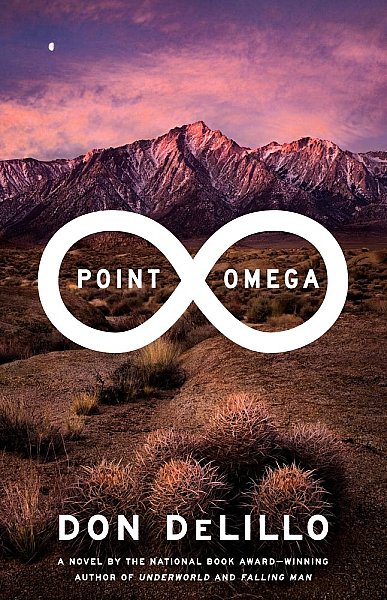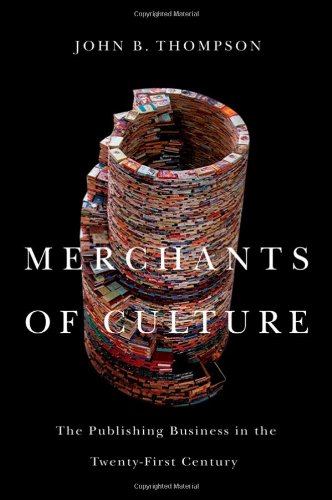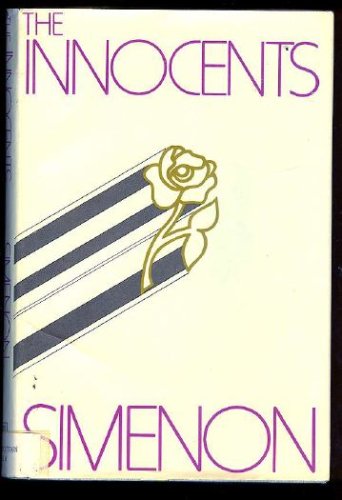YES by thomas bernhard
bernhard writes a devastating book, a poetry of mental illness — without romanticism but with music, true also to the horror. both an emulation of the sickness and an attendant commentary on its causes and end. we read bernhard for his musical eremitism, which takes the barest fact, the most stripped-down situation (here, a man living in the country, encountering a potential and temporary walking and talking companion) and creates a layered, bittersweet counterpoint at times as rich as bach.
But this release, of course, could only last a few days, after two or three weeks I had been back in a deep depression, but that is another story. The Swiss couple, in conjunction with Moritz and his family, had brought about a prolonged, indeed the most prolonged, period without an attack, never before had I had such a long interval between two attacks without being totally at the mercy of my sickness, in other words being almost entirely liberated from that sickness, as during the period when I went for walks with the Persian woman and that is the period under discussion here; had I not come to the country that sickness, which logically got worse with my existence in the country, could not have developed in that devastating manner, but had I stayed in the city I would no longer be existing at all, and therefore this new thought, whether I would not have done better to stay in the city and not move out to the country, is senseless (67).
here mental illness is both itself and synecdoche for the idea — and if there is a lingering romanticism it is this — that these ill, despite their illness and inability to function, perceive more accurately, more deeply, a crushing vileness, which is our inescapable condition. perhaps it’s a grandiose and deluded position, but how accurate does the following sound :
…and the frightful political conditions in our country and throughout Europe had perhaps triggered this catastrophe, because everything in politics was developing in precisely the opposite direction from what I had been convinced was correct and from what I am to this day convinced is correct. Political conditions at that point had suddenly deteriorated in a way which can only be described as dreadful and deadly. The endeavors of decades had been wiped out within a few weeks, and what had always been an unstable country had in effect collapsed within a few weeks, dim-wittedness, greed and hypocrisy were suddenly again at the helm just as in the worst times of the worst regime, and those in power were once again ruthlessly working towards the extermination of the intellect… Anyone thinking must be mistrusted and must be persecuted, that is the old slogan according to which they are once more acting in the most terrible manner. The newspapers speak a distasteful language, the distasteful language they have always spoken but which, during the past few decades, they had spoken only with lowered voices, which suddenly they no longer had any reason to do, almost without exception they were posturing like the people in order to please the people, those mind murderers. Dreams of a world of the mind had been betrayed during these weeks and thrown on the popular refuse heap. The voices of the intellect had fallen silent. Heads were ducking. There was now only brutality, vileness and infamy (61-3).
find it at the library
___________________________


































